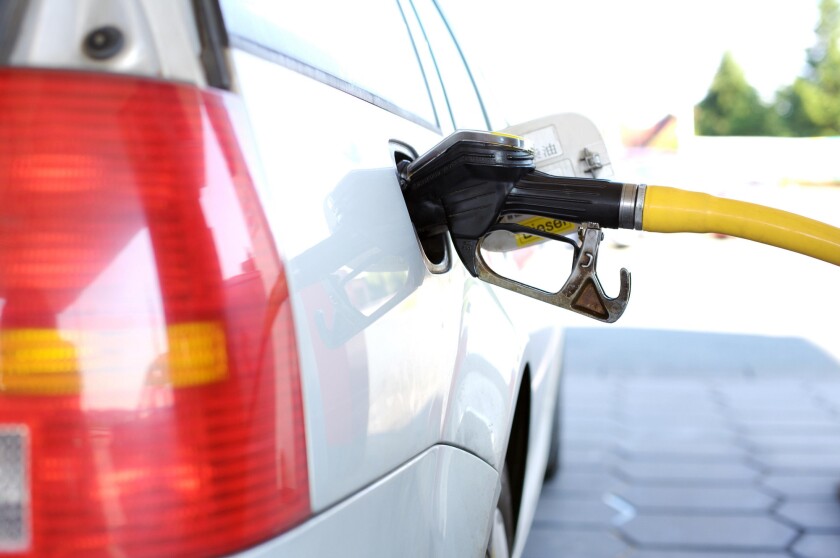Brazil is in a period of economic instability, in light of the impacts of the COVID-19 pandemic. Increased inflation has caused uncertainty in market prices, especially in the fuel sector. To contain this instability, the federal government has taken a series of legal tax measures aimed at curbing inflation and preventing price instability from reaching end consumers.
Transactions involving fuels are mainly taxed by social contributions on revenues (PIS and Cofins), charged by the federal government, and by state VAT (ICMS), charged by the states.
In March 2022, the federal government enacted Supplementary Law 192/2022 (amended by Supplementary Law 194 of June 2022). This adjusted the taxation levied on transactions involving fuel, redefining the applicable rates and changing the rules on the calculation and payment of taxes on these products.
ICMS amendments
Supplementary Law 194/2022 establishes that fuels, natural gas and electricity are considered essential and therefore the states may no longer set ICMS rates on fuels higher than the rates normally applied (generally between 17% and 19%). Lower rates might be granted.
Supplementary Law 192/2022 establishes a concentrated taxation (or one-time charge system) on transactions involving gasoline, anhydrous ethanol fuel (used for mixing with gasoline), diesel, biodiesel and liquefied petroleum gas (LPG), including those derived from natural gas. Under this system, the ICMS on transactions involving such fuels will be levied only by the producer or importer, and subsequent transactions are not taxed by the ICMS.
Furthermore, Supplementary Law 192/2022 determines that the ICMS be calculated based on an ad rem rate (fixed amounts per measures sold, such as litres), which will be the same across all states.
These rules must be accompanied with further regulations and incorporated into the states’ laws.
Controversies and expected effects
Some states have already announced that they will comply with Supplementary Law 194/2022 and limit the ICMS rates on transactions involving fuels. For example, São Paulo and Goiás immediately announced a reduction of the ICMS rates on fuels to 18% and 17%, respectively.
However, 11 of the 27 states, still resisting, filed Direct Unconstitutionality Action (ADI) 7191 with the Supreme Federal Court (STF) to challenge the lawfulness of this tax rate limitation.
Some states claim that the rules violate constitutional principles, such as the federal pact and the financial autonomy of states, and place an excessive burden on the budgets of states and municipalities (which are entitled to part of the ICMS revenue earned by the states).
A significant reduction in the tax revenue of the states and an impact on the budgetary provision can be expected, which could affect the provision of public services. This is because the ICMS represents a large part of the tax collection.
However, the purpose of the tax measures adopted is to reduce the price of the fuel purchased by end consumers. To this end, the reduction in ICMS rates may be efficient, but it does not guarantee an effective price reduction. The price composition depends on other factors, such as the profit margin established by fuel distributors and other costs in the commercial chain.
Social contributions amendments
With regard to PIS and Cofins, Supplementary Law 192/2022 provides for the reduction to zero of the rates applicable on sales by producers and importers of biodiesel, diesel oil and its derivatives, LPG and aviation kerosene until the end of 2022.
Supplementary Law 194/2022 amended Supplementary Law 192/2022 to include the reduction to zero of contributions on transactions carried out by producers, importers and distributors of ethanol (alcohol), vehicular natural gas and gasoline. The law also reduced to zero the levy of the contribution for intervention in the economic domain (CIDE) on transactions involving ethanol and gasoline until the end of 2022.
As a result, the entire fuel production and sales chain will be exempt from the payment of these contributions. This is because, aside from the transactions carried out by producers/importers and distributors (in the case of ethanol), PIS and Cofins are not levied on transactions involving fuel carried out by retailers and other sellers, as a result of the concentrated taxation system.
Besides, Supplementary Law 194/2022 grants PIS and Cofins deemed credit to legal entities acquiring fuels to be used as input for the manufacturing of goods or the provision of services. However, the right to book credits is still not conferred by the acquisition of fuels for resale.
These credits may be used to offset the contributions levied on the company's revenues.













